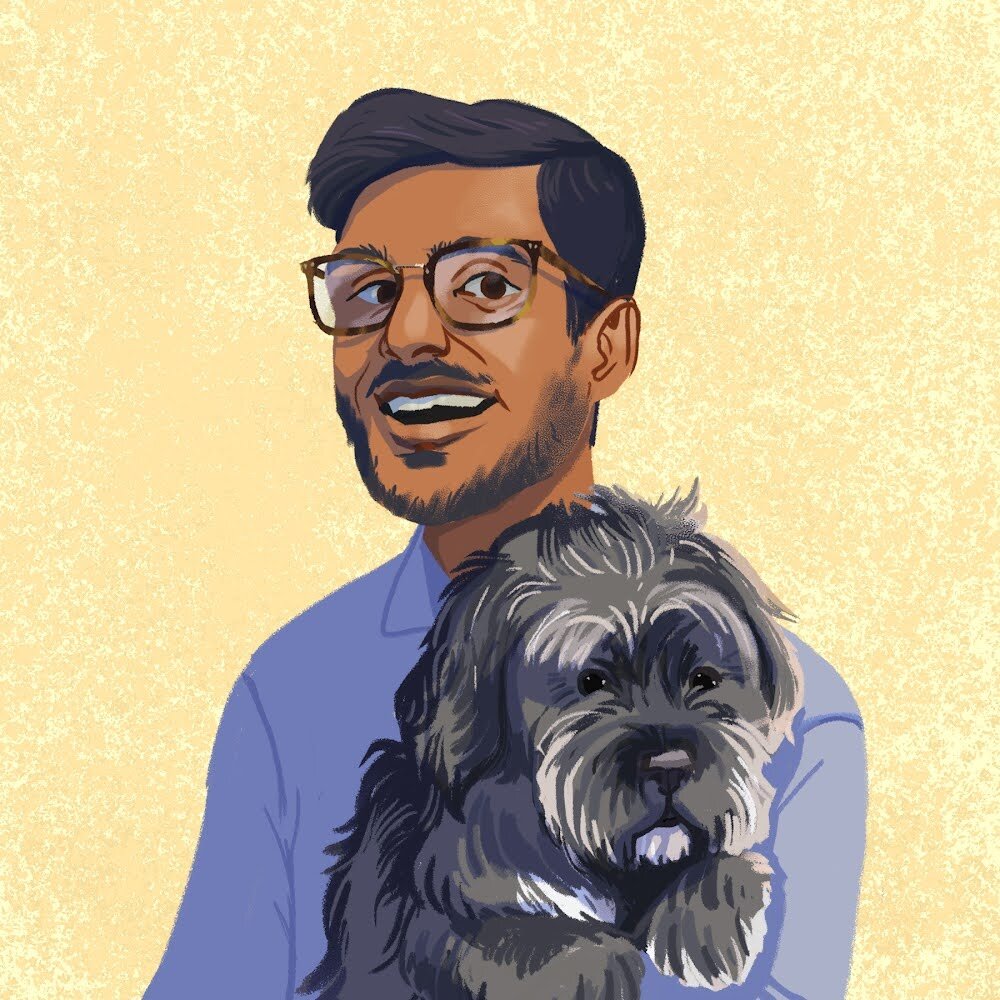Economics after the Crash - A Discipline in Need of Renewal?
Part 2
A couple of weeks ago, the New York Review of Books Foundation held a conference about economics. The title of the conference was “What’s Wrong with the Economy and with Economics?” The conference featured academics and public intellectuals giving short talks and engaging in debates about modern day macro-economic trends. All the videos from the conference are available on the NYRB site.
The next video from the NYRB conference I watched featured one of the most prominent economist/public intellectuals of the day, Paul Krugman. Along with Benjamin Friedman of Harvard and Lord Skidelsky of the University of Warwick and House of Lords, this panel primarily addressed the question of economics and economists in the last 7 years since the financial crisis.
All three panelists did a great job of digging into some of the assumptions and biases in economics that keep it from being a true science and from advancing the public's understanding of the role of money, power and value in society. From age-old criticisms like econ's inability to conduct true causal analysis, to its over-reliance on mathematical models, to the complete inability of economics to understand and model power, the talks and discussion were very fascinating.
It was clear, to me, that Krugman's years as an Op-Ed writer have served him well in developing his ability to construct arguments using analogies, kitchy turns of phrase and emotionally grounded appeals that make him far more effective in this type of forum than his contemporaries. I'm sure some, more technical, watchers of the field might see that as a detriment to his role as an economist (don't forget though, that he won a Clark and a Nobel in the field) but I find it an asset that the field could do more with.
Overall, a really strong discussion, featuring some very salient points and worth the time it took to watch it.
